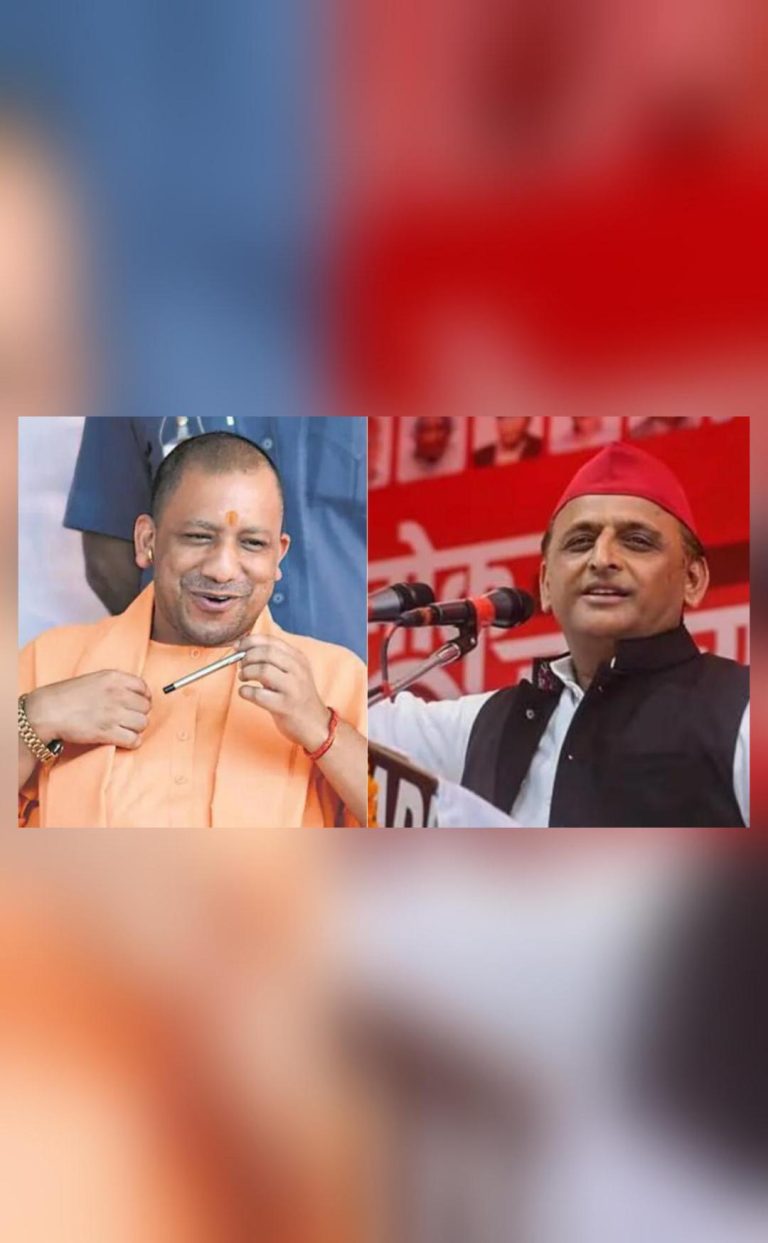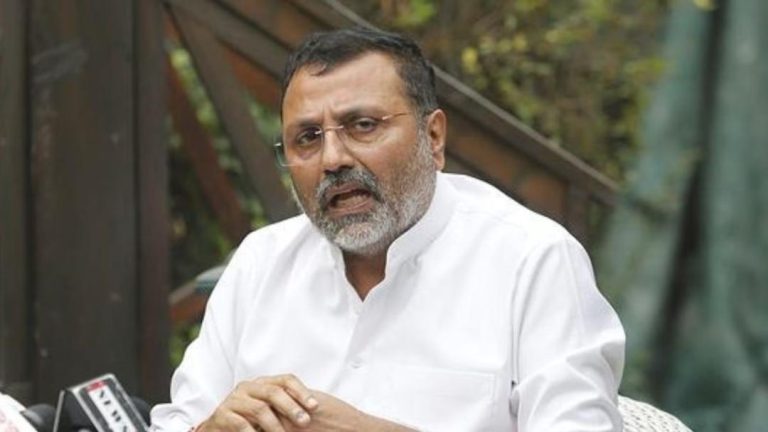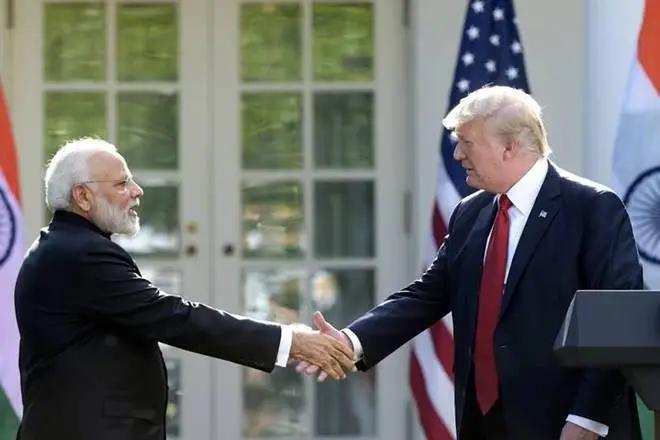
Maha Govt Rolls Back Order Making Hindi Mandatory for Classes 1-5
In a significant development, the Maharashtra School Education Department has announced that Hindi will no longer be compulsory as the third language for students in Classes 1 to 5 in Marathi and English medium schools affiliated with the State Board. This decision comes as a relief to many parents and students who had been opposing the move, citing concerns about the burden of learning an additional language on young children.
The decision was announced by School Education Minister Dada Bhuse, who stated that the government has stayed the decision of making Hindi mandatory in schools. Bhuse’s statement was reported by NDTV, a leading news agency in India.
According to the earlier order, Hindi was to be made mandatory as the third language for students in Classes 1 to 5 from the upcoming academic year. This move was aimed at promoting the use of Hindi as a common language across the country, particularly in regions where Marathi and English are widely spoken. However, the decision was met with strong opposition from various quarters, including parents, teachers, and education experts.
One of the main concerns raised by opponents of the move was that it would put additional pressure on young students who were already struggling to cope with the demands of learning in multiple languages. Many parents and educators felt that the decision would lead to a decline in the quality of education, particularly in subjects like mathematics, science, and social studies.
Another concern was that the decision would marginalize the use of Marathi and English as languages of instruction, which are widely spoken and used in the state. Maharashtra is a multilingual state with a diverse population, and many students and parents felt that making Hindi mandatory would undermine the importance of local languages.
The opposition to the move was so strong that it led to widespread protests and demonstrations across the state. Many students, teachers, and parents took to the streets to voice their concerns and demand that the government reconsider its decision.
In the face of mounting pressure, the government has now decided to roll back its order making Hindi mandatory. While the decision is a welcome relief to many, it also raises questions about the government’s intentions and priorities.
It is worth noting that the government’s decision to make Hindi mandatory was not without controversy. Critics had argued that the move was a clear attempt to impose Hindi on non-Hindi speaking regions, and that it was a ploy to undermine the autonomy of regional languages.
The decision has also sparked debate about the role of languages in education. While many experts argue that learning multiple languages is essential for personal and professional development, others believe that it can be a burden on young students.
In conclusion, the Maharashtra government’s decision to roll back its order making Hindi mandatory for Classes 1-5 is a welcome relief to many parents and students. However, it also raises important questions about the government’s priorities and intentions. As the debate around languages in education continues, it is essential that we prioritize the well-being and development of our children, and ensure that education remains a joyful and enriching experience for all.






